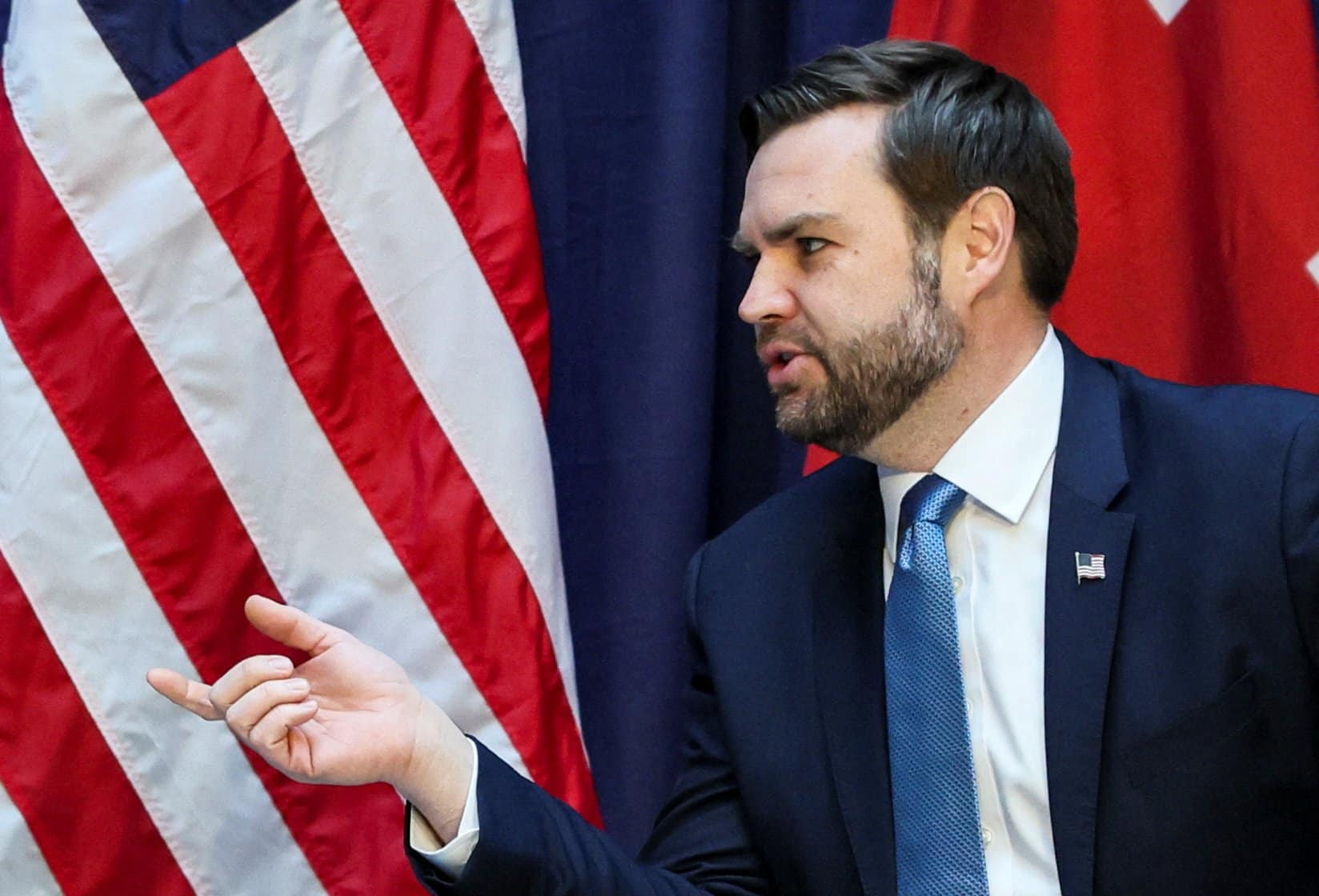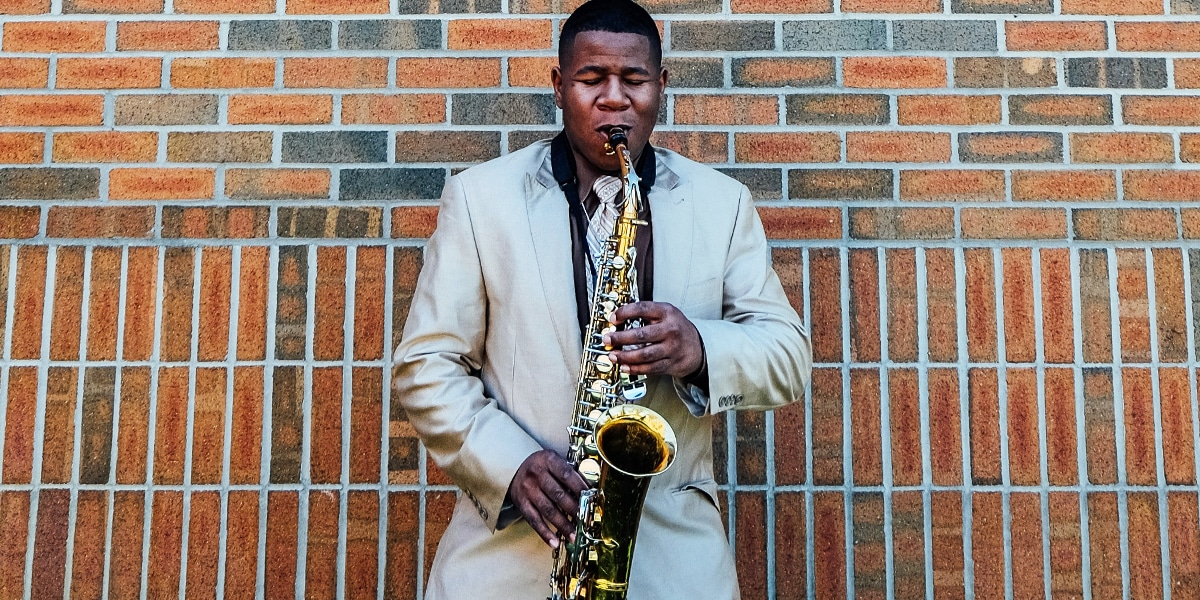Forgiveness makes reconciliation possible.
Someone once told me the story of a man who had abused his daughter physically for years during her childhood. On his deathbed, this man begged forgiveness from his daughter; he wanted to make his peace before he died. His daughter spoke the words he wanted to hear when she said she forgave him. He was sincere in his repentance just as she was in her forgiveness.
But it was clearly not over. The woman’s life had been damaged dramatically by her father’s actions. Her childhood had not been a happy, carefree time, and her adulthood was clouded by the fact that she found establishing healthy relationships with men difficult.
Like this woman, when someone offends us and asks for forgiveness, we may offer it, but we often still find ourselves angry and resentful, still hurting. At other times, we try to bring ourselves to forgive others who haven’t even asked for forgiveness. We want to forgive, but the wounds are far from being healed!
In recent years a number of public figures, politicians and television personalities involved in crimes and scandals have asked forgiveness publicly, sometimes without ever really admitting their wrongdoing. We have heard the phrase “Mistakes were made”—as if that were enough to show their repentance. Everyone knows that there is a huge difference between making a mistake and being guilty of a crime or sin.
Even so, public persons ask for forgiveness, which is given by some sincere Christians who believe that as faithful followers of Christ it is their duty to do so. Those who ask forgiveness in this manner apparently believe that they need only seek forgiveness and they will automatically be forgiven, reconciled and restored to their previous position and power.
They think that they deserve this even when they show little evidence that they would have been repentant or asked forgiveness if they had not been caught with their hands in the cookie jar. There is something about all of this that smells; it makes a mockery of forgiveness and there is little that speaks of a true change of heart or life.
Also disturbing is the case of the young criminals who targeted a school and killed as many children as they could before they were stopped. A few days after this horrendous event, some people in that town hung out a banner. “WE FORGIVE YOU,” it read.
No doubt those who hung out the banner were well-meaning. But it was too soon for both the town and the criminals, who had not yet fully absorbed the enormity of what they had done and had not asked for forgiveness. The families of the victims had not even begun to heal from the wounds that affected them so deeply. The evil unleashed in this town was still present and could not be driven away merely by words of forgiveness.
Healing Comes with Reconciliation
In these cases the difficult work of healing still remains. There are two sides to all forgiveness, that of the offender and that of the offended. Forgiveness often seems to be only on the side of the offended. Just as it takes two to tango, as they say, it also takes two to reconcile. Just saying the words of forgiveness will not make the problem go away.
Reconciliation requires that we establish, or reestablish, some type of relationship between the two persons. This is never easy. If a stranger hurts me or someone outside of my family or friends, we have never had a relationship. But now we are connected with one another in some way. If it is someone we know, it is even more difficult.
Perhaps a friendship has been lost. I know a woman who had a major conflict with her daughter. The mother said, “There will always be a wall between us.” Although the daughter responded, “I didn’t build it,” that didn’t remove the wall. They would both have to chip at it. Often, this takes a long time of emotional and psychic healing. When healing takes place physically, it often involves not only time, but also pain and work.
I once broke a bone in my left foot. After long weeks in a cast, I still had to endure a very painful time as I got re-accustomed to walking on that foot. But nothing could have been accomplished by refusing to walk or use my foot. The pain was necessary and so was the time needed to readjust.
So with deep wounds in our minds, emotions and souls, we cannot offer simple, facile forgiveness. Reconciliation requires both sides to give something, both sides to endure something, both sides to want to heal. If someone offends me and I offer forgiveness, am I letting that person off the hook too easily? Doesn’t he or she need to suffer a little bit as I have suffered? Are there legal consequences for what this person has done?
If I offer forgiveness before the other person is ready to accept it, both of us leave unsatisfied. It is like giving a gift the other person does not want. I feel disappointed, a little ridiculous and perhaps angry.
Whereas forgiveness is sometimes seen as cheap, reconciliation is always costly because it requires a great deal from the forgiver and the person forgiven. As with many costly items, however, the very price makes it valuable. Reconciliation is like the pearl of great price, worth going to the ends of the earth to get.
The First Step in Reconciliation
The first phase of reconciliation, after we have been offended, is to wash our wounds and look at them. The person who has done the offending must also look squarely, without blinking, at the pain and suffering he or she has caused. When we have been hurt, we often take one of two equally problematic approaches. One is to exaggerate what happened to us and how deeply we have been hurt. The other is to refuse to admit that we have been hurt.
In the movie Rain Man, the main character, played by Tom Cruise, recalls how, when he was a teenager, his father did not bail him out from jail immediately, allowing him to spend the night there to teach him a lesson. In the first part of the movie, Cruise’s character made it sound as though his father never did anything good for him. Later, we learn that the father had tried to reconcile with him through the years, but the son would not accept it. He preferred to dwell on how much he had been hurt.
People who do this resemble individuals who will not allow a scab to form over a wound. They keep worrying about it and making it bleed more and more, even enlarging it.
Others will not even admit that they have been hurt; they deny their pain. Abused children or spouses sometimes decide that it must have been all their fault. They will not allow themselves to be aware of their pain, and definitely they will not talk about it with others. They are like those who simply allow the scab to form over the wound without ever cleaning it out and applying medicine. It cannot heal properly.
People may steel themselves against such pain by building a wall around themselves, saying in effect, “Nobody is going to hurt me again.” Having made themselves hard and cold, they then wonder why they are so lonely. The offender also needs to admit how seriously he or she has hurt the other person. Confession, as they say, is good for the soul. Catholics know how liberating it can be to admit to a priest in the Sacrament of Reconciliation all the sins that one has committed.
To actually say the words themselves without belittling one’s faults or giving excuses is most helpful. Neither admitting pain nor admitting fault guarantees reconciliation, but they are a good start.
Spanning the Gap of Pain
The next step, reaching out to each other, is perhaps the most difficult. There are times when it is even impossible—if people have died, are very old or live far away. The solution may be only spiritual, but as we all know very well, what is done spiritually is very strong and significant. In the case of criminals who are in prison, it may not be necessary to forgive them, although some do, notably John Paul II in the case of Mehmet Ali Agca, his would-be-assassin.
But who should make the first step? It seems logical that the one who did the offending should speak up first. But pride, weakness, shame or many other reasons may prevent it. Then the offended may need to take the first step.
People want to be forgiven, but they may be waiting for a signal from the offended that they will be forgiven. Sometimes they will just look at the other person, hoping to see something in their eyes. Or they just come around. At other times, however, they are too ashamed or frightened to come around.
In the Scriptures we read the beautiful story of the Prodigal Son. When he finally came to his senses, he decided he would return to his father and admit his wrongdoing, not asking to resume his previous position in the family, but simply to be one of the servants. He prepared a little speech. His father, the kindest father on earth, met him more than halfway, eager to take him back and to be reconciled with him.
This father is a wonderful image of God, and we often wish that those we have offended were more like him. On the other hand, as an offended person, we can emulate that father, reaching out to the person even before he or she asks for forgiveness.
When a friend, whom I will call “Susan,” was deeply hurt by “Jane” (not her real name), Susan knew that Jane was not the kind of person who could easily ask forgiveness or even admit a mistake. Susan outwitted her by calling and asking Jane to do her a favor. Jane responded immediately; she had been waiting for a chance to do something for Susan, in her own way, to make up for the offense.
Reconciliation often has to be approached gingerly. We must be careful what we say or do—in order not to make the situation worse. We should never refuse to speak to anyone. Letters and e-mails are good, but what is said or written can be misinterpreted.
In any case, we can always pray for the other person, whether we are the offended person or the offender. How can we continue to hurt another person for whom we have just prayed? How can we refuse to forgive? Our prayers may not change the other person, but they should certainly change us.
Our prayers, especially prayers said in common with other people, help us to open our hearts to the fact that other people are hurting too. Thus, no matter if we are the offender or the offended, it is important to reach out to other hurting people.
If we have done the offending and are not yet able to ask forgiveness, we may find that helping others helps to break open our hard hearts. If we have been hurt, and see other hurting people, we understand what they are going through.
Gaining a Larger Perspective
Often it helps us to put things in perspective. I know a man who had done missionary work among poor and marginalized people. They had poor health, lack of education, little money and falling-down houses. After getting to know them, he concluded, “I have never had a problem in my life.” He could not dwell on his own hurts when others had such larger, more intense hurts.
We need to get on with our lives. If we allow the pain that others have caused us to dominate our daily lives, we have given the offenders far too much power. They may not even remember what they did or said. Their lives may be happy and sweet while we are trapped in the dungeon of our own relentless bitterness.
The danger of such resentment is that it can cause us to lash out at others. It is as if, not being happy, we don’t want anyone else to be happy. However, it does not have to be this way. I know a woman who was badly hurt by her parents. She is determined never ever to hurt her children the way she has been hurt. And she does not.
This is significant. Reports have shown that persons who abuse their children were often abused themselves as children. So will their abused children also go on to abuse their own children? This evil cycle can be stopped. It will take, however, a strong personal decision and help on the part of others.
Although forgiveness can be one-sided, reconciliation must be mutual. Even though we may seek reconciliation, our decision to forgive may be the best that we can do until the offender is willing to accept reconciliation.
When have we truly forgiven someone? When we seek for that person what God seeks: living honestly before God and with other people, living in a way that reflects our and their God-given dignity and freedom. There can be no reconciliation until the offender accepts it, but there is forgiveness as soon as the person offended decides to forgive. Never forgiving puts a person’s life “on hold” indefinitely.
There is so much need to find healing in our lives. We live in an extremely violent world, where new acts of violence daily destroy our harmony. Forgiveness and reconciliation require so much more than a mending of our personal relationships. Each of us, in our own way, must find the ability and opportunity to build up the world as a whole, to replace the violence with compassion and caring, to heal the wounds that we inflict upon ourselves and our world.
Jesus’ Forgotten Commandment: Forgive Yourself








